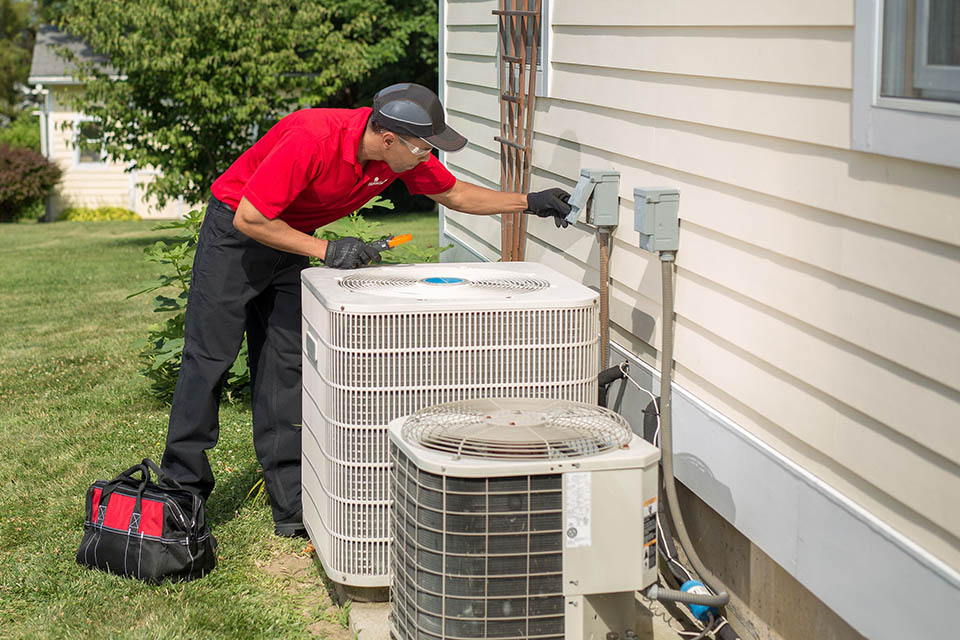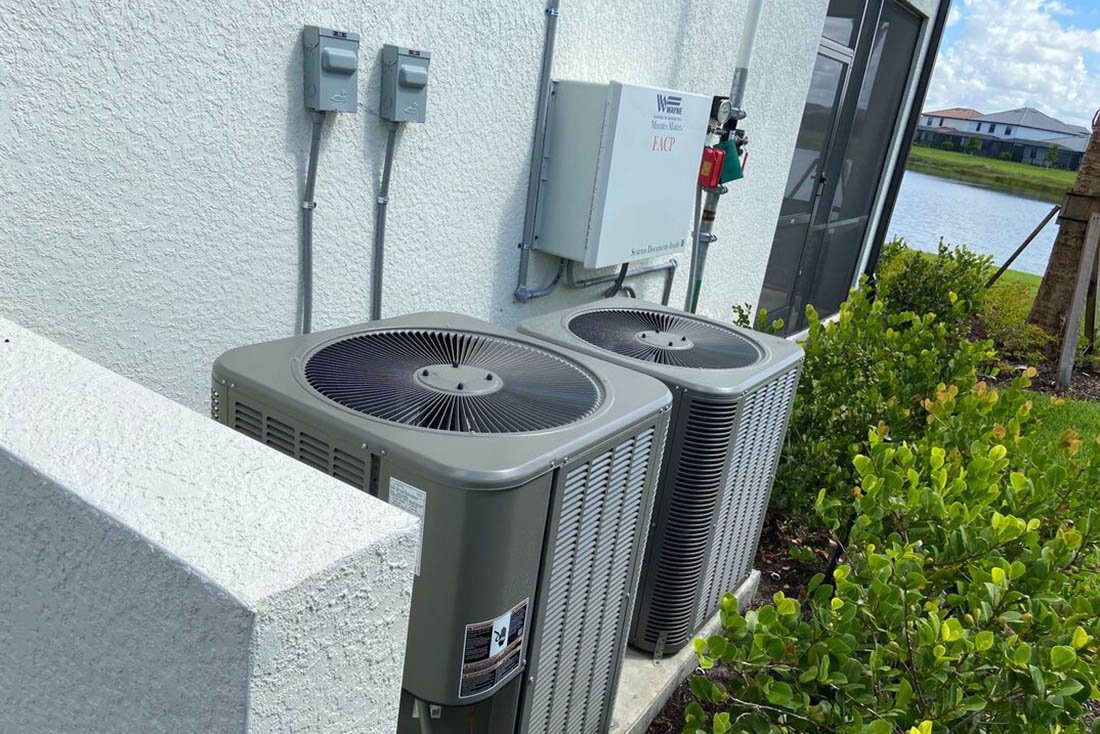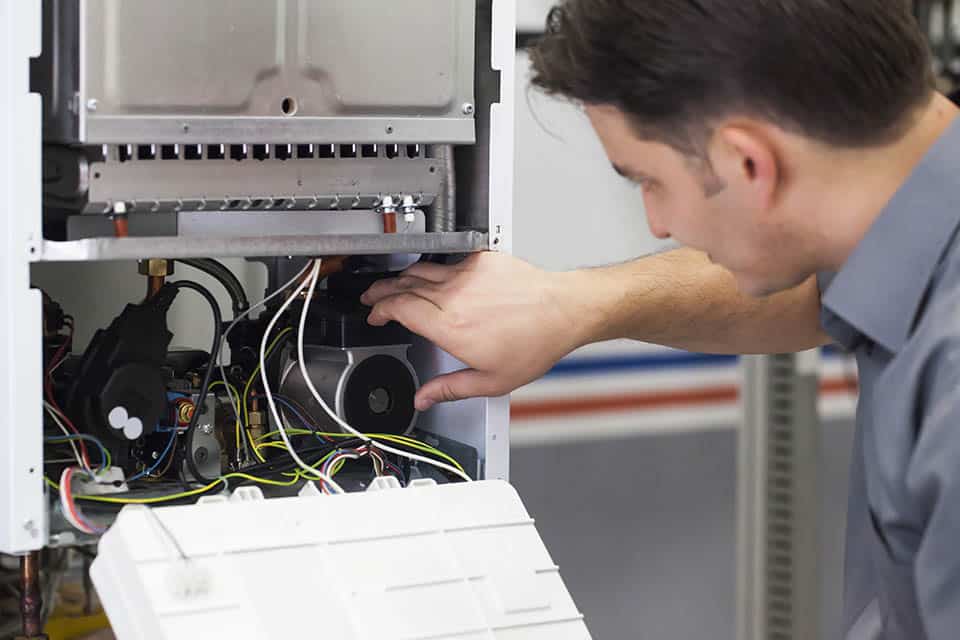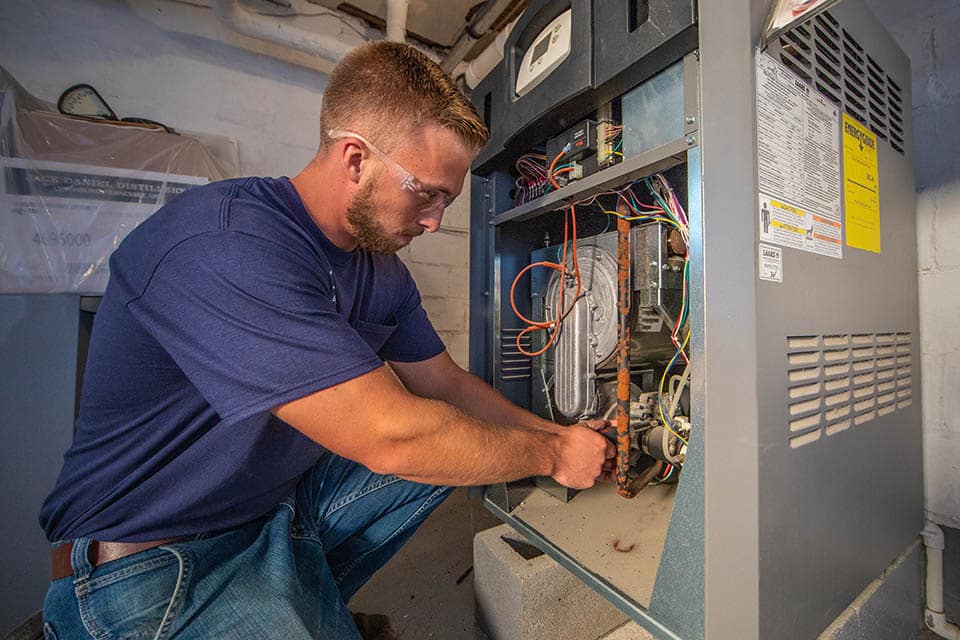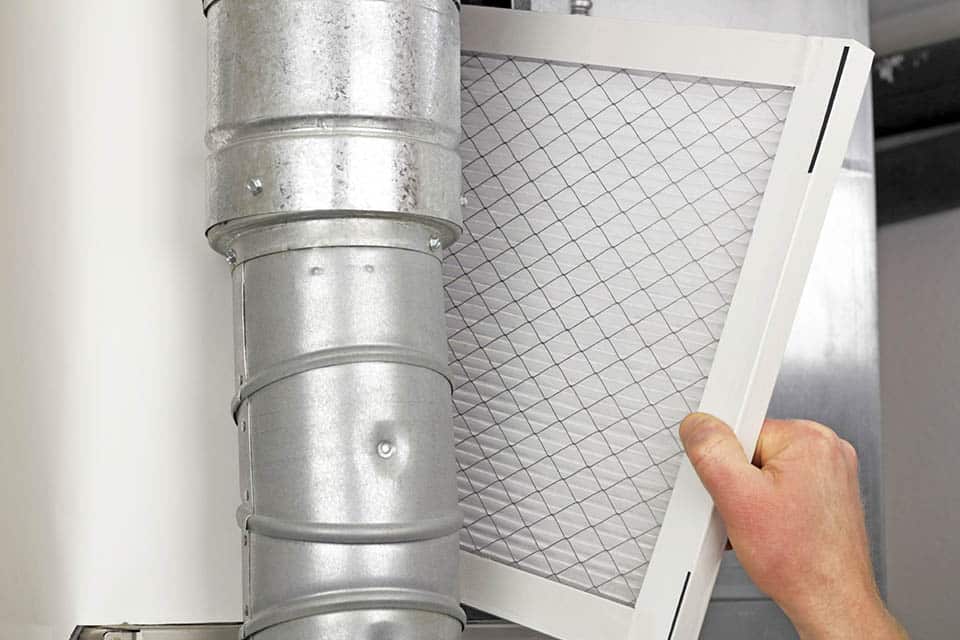Upgrade Your Comfort with Helpful Tips from Our Blog
Looking for other ways to improve your sense of comfort at home? We’re always sharing industry news and insider tips on our Blog. Check out our newest updates today!
Summer vacations are an opportunity to relax and break away from the everyday hustle. Before you head out, make sure that the house and HVAC system are ready for your absence. A bit of planning goes a long […]
Most homeowners want efficient central air conditioning for their homes, but the outdoor AC isn’t exactly the visual highlight people enjoy having in their yard. Do you want a more comfortable home without ruining the yard’s look with […]
During the hottest part of summer, you count on your HVAC system to keep your home comfortable and safe from the heat. That being said, your home’s AC unit may experience trouble as demand increases as the temperature […]
There are a number of factors to consider when deciding when to change your AC unit air filters. For example, if you have pets, you may need to replace the filter more often than a non-pet owner. Also, […]
Getting an air conditioner tune-up can save you money on future repairs. In addition, a tune-up can extend the life of your system. Read on to learn more about air conditioning tune-ups and how you can perform them on your own. Air […]
A HVAC system is the term that describes the equipment that helps you heat and cool your home. These systems can include furnaces, air conditioners and ductwork. Whether you need new equipment or are looking to repair your […]
The thermostatic expansion valve, or TXV, is one of the most important components of your AC system. It controls the flow of refrigerant through the condenser and evaporator. If it fails, the system will not run correctly. You will […]
Having home heating maintenance done on a regular basis will help keep your system working at its best. Besides keeping your family safe, this type of maintenance can also reduce your heating bills. If your heater is not working properly, […]
Changing your air filter is a great way to help keep the air in your home clean and fresh. It can also help you reduce allergy symptoms and improve your quality of life. If you are the type of […]
The air conditioning system is a complex assembly of mechanical and electrical components. It is important to keep it in good condition to prevent problems. When there are any issues, it is advisable to seek the help of […]



